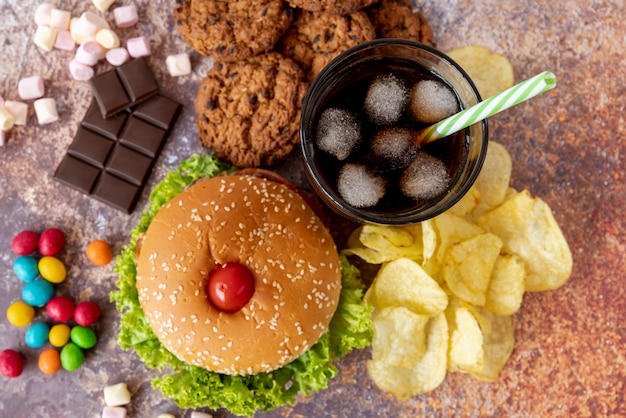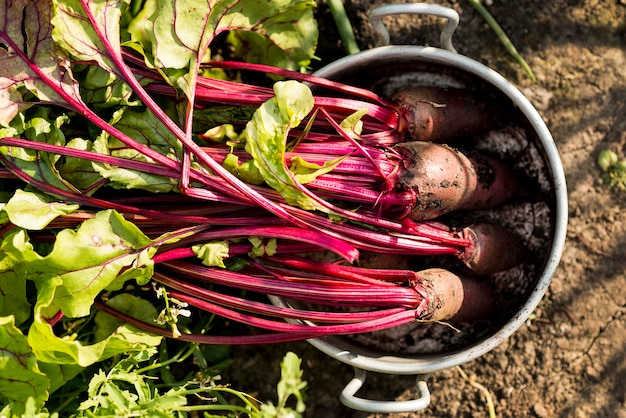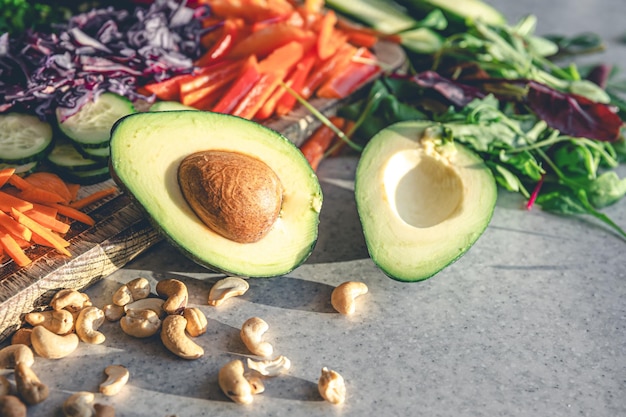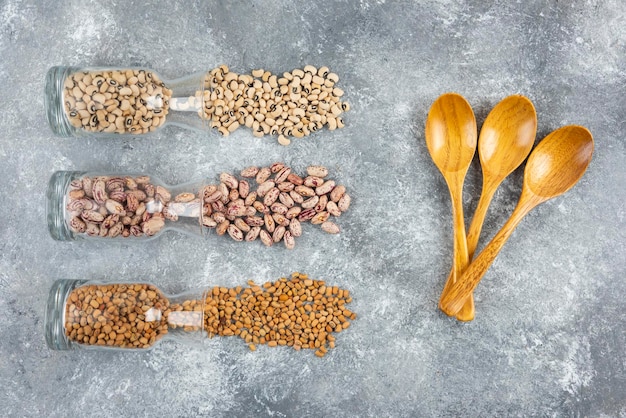High blood pressure, or hypertension, affects millions worldwide and increases the risk of heart disease, stroke, and kidney problems. The good news? Small, consistent lifestyle changes can make a big difference. Whether you’ve recently been diagnosed or want to stay ahead of your health, this guide offers 25 beginner-friendly habits to help you manage hypertension—complete with practical tracking tips and motivation cues to keep you on track.
While medication may be necessary for some, lifestyle plays a foundational role in controlling hypertension. According to health experts, dietary choices, physical activity, stress levels, and sleep quality directly influence blood pressure. The best part? These habits are within your control and can be adopted gradually.

Check your blood pressure at home using a validated monitor. Track readings weekly in a journal or app.
Tracking Tip: Use a simple spreadsheet or a health app to log morning and evening readings.
🎯 Motivation Cue: “Knowledge is power—seeing progress keeps you motivated.”
Aim for less than 1,500–2,300 mg of sodium daily. Avoid processed foods, canned soups, and fast food.
Tracking Tip: Read nutrition labels and highlight high-sodium items in red.
🎯 Motivation Cue: “Every low-sodium meal is a win for your heart.”
Potassium helps balance sodium levels. Include bananas, spinach, sweet potatoes, and avocados.
Tracking Tip: Add one potassium-rich food to each day’s meals.
The Dietary Approaches to Stop Hypertension (DASH) diet emphasizes fruits, vegetables, whole grains, and lean proteins.
Tracking Tip: Plan one DASH-compliant meal per day and gradually increase.
Men: no more than 2 drinks/day. Women: no more than 1. Excess alcohol raises blood pressure.
Tracking Tip: Use a drink tracker app or calendar checkmarks.
Smoking damages blood vessels and spikes blood pressure. Quitting improves heart health quickly.
🎯 Motivation Cue: “Every smoke-free day heals your body.”
Aim for 30 minutes of moderate exercise (like brisk walking) most days.
Tracking Tip: Use a pedometer or fitness tracker to log steps.

Losing even 5–10 pounds can significantly lower blood pressure.
Tracking Tip: Weigh yourself weekly and track trends, not daily fluctuations.
Chronic stress contributes to hypertension. Practice deep breathing, meditation, or gentle yoga.
Tracking Tip: Schedule 5–10 minutes of mindfulness daily and mark it on your calendar.
Aim for 7–9 hours per night. Poor sleep is linked to higher blood pressure.
Tracking Tip: Keep a sleep log noting bedtime, wake time, and quality.
Caffeine can cause short-term spikes. Monitor your response and consider switching to decaf.
Choose brown rice, oats, and whole wheat over refined grains.
Fiber helps regulate blood pressure. Focus on vegetables, legumes, and fruits.
Drink water throughout the day. Dehydration can affect blood pressure regulation.
High sugar intake is linked to weight gain and increased blood pressure.
You control ingredients, sodium, and portion sizes.
Use smaller plates and avoid second servings.
Slow down, chew thoroughly, and avoid distractions during meals.
If on medication, consistency is key. Set phone reminders or use a pill organizer.
Avoid bacon, sausages, and deli meats high in sodium and preservatives.
Salmon, mackerel, and sardines contain omega-3s that support heart health.
Flavor food with garlic, basil, turmeric, or lemon juice.
Progress matters more than perfection. Celebrate small wins.
🎯 Motivation Cue: “One healthy choice at a time leads to lasting change.”
Share your goals with family or join a heart-healthy group.
Stay in touch with your healthcare provider to monitor progress and adjust plans as needed.
Managing hypertension doesn’t require drastic changes. Start with 2–3 habits, track your progress, and build from there. Over time, these small steps add up to a healthier heart and a better quality of life.

Health

Health

Health

Health

Health

Health

Health

Health

Health

Wellness

Health

Health

Health

Fitness

Health

Health